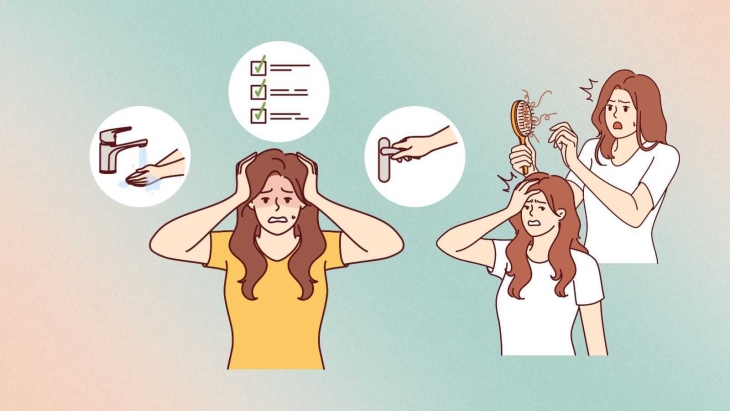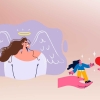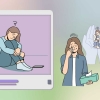Recent Posts
Most Popular
I just found out I have OCD, but I don't want it to control my life. What should I do?

Even though you already anticipate bad news coming, it did not make it any less difficult to accept. You may feel the world stand still. What now?
After conducting a psychological evaluation and taking your mental and medical history, the mental health professional you saw gave you a diagnosis of Obsessive Compulsive disorder.
What does this mean to your personal life, your mental health, your future? Will it change the way to interact with others and the things that you can do? It is normal to have a lot of questions after you get diagnosed with a mental illness.
What are the feelings behind an OCD diagnosis?
First of all, be reminded that you are not defined by your diagnosis. It does not create your identity. But the feelings and emotions you will feel are certainly real, and the first step towards managing them is to identify them.
Relieved. You might feel the relief of knowing what has been bothering you and causing you to have unhealthy amounts of obsessions and compulsions, resulting in high levels of anxiety.
Hopeful. Your psychiatrist or psychologist told you that there are treatments that work well with OCD. You feel a ray of hope that you will eventually learn how to manage living with OCD.
Fearful, angry or in denial. You may ask why this has happened to you, or you may feel that the situation is unreal. How will others react to my diagnosis?
Powerless. You may feel like you have lost control over your life, and coping is impossible.
These thoughts and feelings may further increase your anxiety, but it is important to take your time understanding your emotions. Also, recognize that there is help when you need it.
What is OCD and how is OCD treated?
Another thing crucial to your wellbeing is getting deeper into your knowledge of OCD.
Obsessions. Mental images that are unwelcome persist in your mind. Thought and urges continuously go through you like waves, and they cause anxiety.
Compulsions. When thoughts rush in, you feel the need to do specific actions in order to relieve the anxiety, but not to give you enjoyment or pleasure. These behaviors include excessive cleaning and organizing.
There are available medications used to treat OCD such as selective serotonin reuptake inhibitors. Talk therapy such as cognitive behavioral therapy (CBT) also works. Your doctor might also prescribe to combine medication and talk therapy.
Who are your support networks?
By allowing people who love and support you to contribute to your life at this difficult time, you create a sense of connection and decrease the feeling of loneliness often felt by people who are diagnosed with OCD.
Also, look into joining groups with others who have OCD. These may be groups that meet face to face or online. As long as you get to share your journey, you get the feeling of being accepted and not judged for your condition.
What are lifestyle habits that support people with OCD?
Of course, the treatment that you and your healthcare provider agreed upon will make OCD manageable, but certain lifestyle habits can also have a supporting role in your overall wellness.
Lifestyle habits that prevent fatigue can help you curb triggers. When you eat at the right time, you avoid your blood sugar from dipping, and you do not feel fatigued. Instead of eating a few big meals a day, choose to eat nutritious food in small amounts all throughout the day. If you can minimize your intake of stimulants from coffee or tea, sweet drinks and energy drinks, you can keep your blood sugar and energy stable.
Get enough sleep and physical activity. Sleep and mental health are strongly linked, so when you have good sleep hygiene and you get quality sleep, you can take care of your brain function. As you become physically active, you also manage your stress hormones.
Continue working with your mental health therapist to guide you about your treatment, and answer your questions.
Living with OCD while practicing these healthy coping strategies will make life more pleasurable and rewarding.
Connect with hundreds of mental health and healthcare jobs across the US and jumpstart your career in the medical field.








Comments